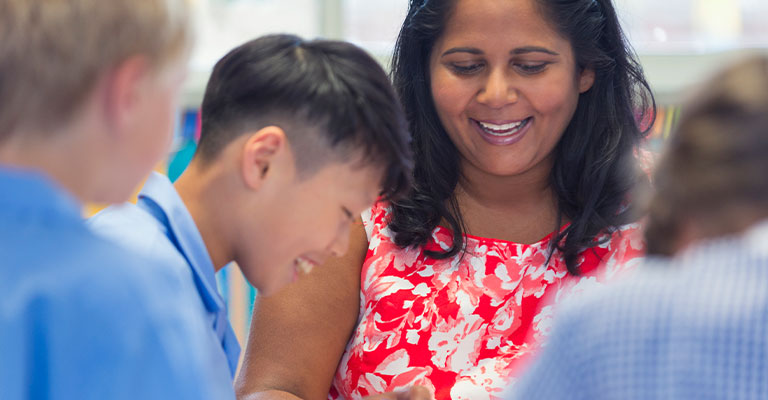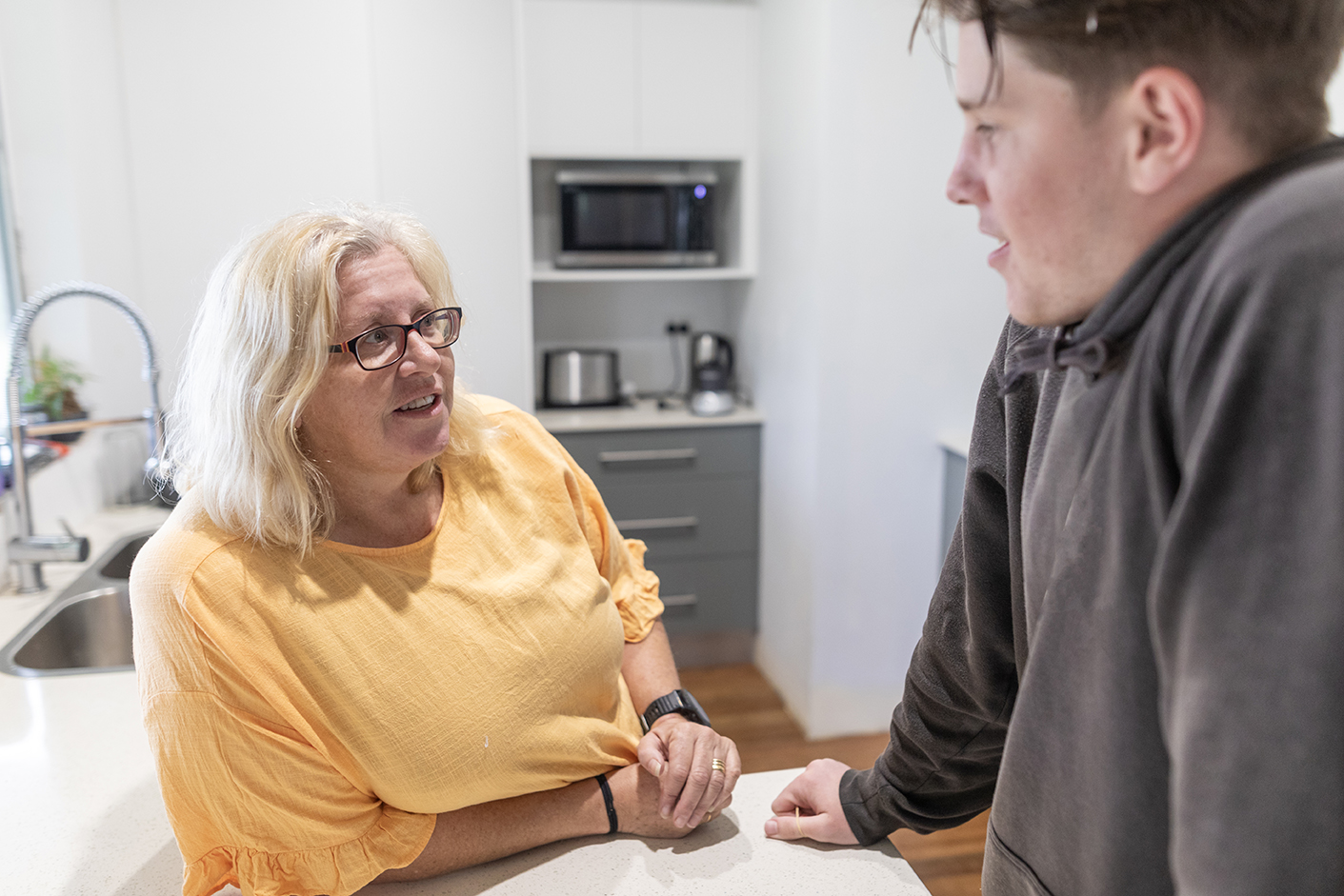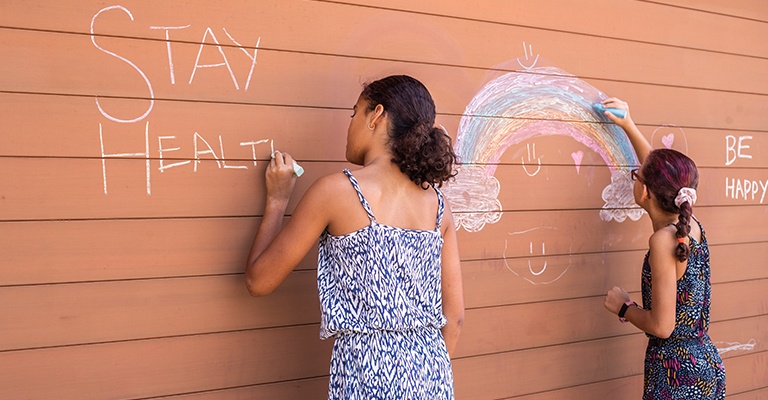- Separation Support
- Counselling
- Mental Health Support
- Relationship and Sexuality Education
- Relationship and Parenting Courses
- First Nations Services
Relationships and Sexuality Education
Primary School Programs
Moving Into the Teen Years - Year 5
3 x 90 minute sessions
An introduction to relationships and sexuality education that prepares growing minds with the knowledge to enter puberty informed and empowered.
Moving Into the Teen Years - Year 6
3 x 90 minute sessions
Helping students prepare for secondary school, covering the physical, emotional, and social changes that occur during puberty, encouraging students to reflect on how this affects their relationships and sense of self.
Managing Menstruation
1 x 90 minute session
Empowering young girls with knowledge and confidence around their menstrual cycle allowing them to manage this critical time of transition with ease.
Me and the Big Wide World
3 x 60 minute sessions
A conversation starter around relationships and sexuality education. A safe and supportive way to start the conversation with young, enquiring minds about families, bodies, and babies.
Tricky Talks
2 x 60 minute sessions
Guiding students and their trusted adults to have honest communication about the reproductive system, foetal development, puberty, consent and protective behaviours, so you can navigate this time of development together.
Primary School Programs Information Session
1 x 60 minute session
Providing parents and carers with insight into the relationships and sexuality education journey their young people are about to embark on.
Secondary School Programs
Choosing Well
1 x 90 minute sessions
Helping our teens make informed decisions around their relationships and sexual health.
Body Positivity
1 x 90 minute session
Helping young people to be positive about their relationship with their body.
Shades of Pornography
1 x 90 minute session
Helping to demystify pornography at a time when the truth is needed most.
Building Connections Through Healthy Relationships
1 x 90 minute sessions
A program tailored to students with learning difficulties to learn valuable life skills including looking after themselves and building healthy relationships with their peers.
Information for Schools
We're here to ensure students are empowered through evidence-based relationships and sexuality education so they feel confident to make informed decisions about their wellbeing.

Information for Parents and Carers
Relationships and sexuality education is essential for today's young people so they can foster strong and healthy relationships with themselves and others. Join us in supporting the next generation to learn these valuable life skills.

What Parents and Teachers Are Saying About Our Programs
Commonly Asked Questions
Please be assured that all our relationships and sexuality education programs are taught at an age appropriate level and are aligned with the relevant National and State curriculums incorporating program logic frameworks and evidence-based practice. Our highly experienced educators are also experts in delivering relationship and sexuality education and are skilled at creating a safe space for engaged learning.
Our programs will be delivered in a way that encourages open conversations about their development at home and school, helping them to feel safe and confident as they learn.
Child safety is our highest priority across all of Interrelate's services. Through our education programs we ensure children are supported to recognise the early signs of unsafe behaviour and build their confidence to speak up when something doesn't feel right.
Yes, consent is an important mandatory theme throughout all of our relationships and sexuality education programs.
Consent is addressed at age-appropriate levels for years 3 - 6, introducing students to concepts about safety, respect and communication. Themes of consent are also woven throughout our online and in-person programs including discussions and workbook activities.
Our program content is aligned with state curriculums and satisfies the relevant syllabus outcomes for teaching students the principles and behaviours that define consent. If you would like more information around this you can contact us directly at schoolservices@interrelate.org.au.
It's common for parents and carers of young people to worry that giving their child information about sex will lead them to become sexually active earlier. We can assure you that early education about relationships and sexuality encourages children to make more informed decisions when it comes to their relationships and sexual health and educates them about the risks involved, giving them lifelong skills about consent and respect.
Supported by research, our evidence-based programs are aligned with positions held by the World Health Organisation and United Nations that appropriate sexual health information should be available to children and young people as a lack of knowledge about sexual and reproductive health can leave children vulnerable to coercion, sexually transmitted infections and unintended pregnancy.
If you have any questions or concerns about the content, we encourage you to reach out direct or discuss with your school the option of hosting a family evening session (Tricky Talks) with our educators where you can learn about our educational programs and voice any questions or concerns freely.
Our approach is to provide children with an introductory understanding of anatomy and the reproductive system including sex and birth. Your child will receive this information at an age-appropriate level with the focus kept on understanding their bodies and the roles they play in reproduction and development, learning the basic principles of consent and boundary setting along the way. The information is presented by the educator and at times supported by animated videos and images of basic anatomy.
No we do not encourage children to have sex. Our relationships and sexuality education programs are centered on the principles of consent and respect and provide them the biological facts of puberty, intercourse, pregnancy and birth.
Our educators facilitate informed discussions about decision-making, consent, respect and safety in relationships including safe and unsafe behaviours, actions and consequences. As a child safe organisation our mission is to deliver evidence-based information to support children entering into puberty helping them to develop confidence and boundaries to keep themselves safe.
Research has shown that early education of relationships and sexuality is linked to positive and healthy behaviour in relationships later in life. By educating children early in life around respectful behaviours and providing consistent opportunities for them to develop a healthy self-esteem and sense of identity, we are empowering the next generation to lead the way when it comes to forming and maintaining respectful relationships.
Our programs are delivered at an age-appropriate level, introducing new levels of understanding about their body's development and forming new relationships as they grow.
Yes, all of our programs have a program logic framework developed around syllabus outcomes and evidence-based research. We partner with external bodies including universities and peak bodies, to undertake rigorous evaluations of our programs, and are proudly endorsed by the ESafety Commissioner to deliver education to school-aged children.
Yes, all our programs are curriculum aligned both to the national and state curriculums. We are more than happy to provide your school with the relevant information around this including syllabus outcomes. If you would like further information please reach out to us at schoolservices@interrelate.org.au
Yes, all our programs have a program logic framework developed around syllabus outcomes and evidence-based research. We partner with external bodies including universities and peak bodies to undertake rigorous evaluations of our programs and are proudly endorsed by the eSafety Commissioner to deliver education to school-aged children.
Yes, we are flexible in our program delivery and will do our best to accommodate your student's needs. If you have questions about selecting the right program for your school group, please reach out so we can discuss your specific needs at schoolservices@interrelate.org.au
We take a whole of community approach when it comes to the education of young people as it helps to reinforce their learning and positive behaviour development. We also believe it is important that parents and teachers also receive the same information to encourage conversation and shared learning opportunities. This approach is recognised by the Health Promoting Schools model developed by the World Health Organisation which indicates that a collective approach to a child's education can improve learning outcomes around health and relationships.
Our educators are highly experienced and passionate about educating young people. We require all our educators to have:
- A degree or tertiary qualification in Education/ Social Sciences
- Experience in classroom management and working with children
- Experience in program development, implementation and review
- Experience in group work and facilitation
- Experience in communicating sensitive/personal issues to children, students and adults
- Working with Children’s Check and Australian National Police Check
Our programs are delivered by age group not by gender as we believe this is a more accurate reflection of real life interactions and encourages mutual respect and understanding amongst peers.
We are intentional about using inclusive language, images and messaging around gender diversity. Our relationships and sexuality programs respectfully include examples about body and gender diversity that reflect the diverse communities we live and work with.
Child safety is our highest priority across all Interrelate services. Through our education programs we ensure children are supported to recognise the early signs of unsafe behaviour and build their confidence to speak up when something doesn't feel right.
Consent is an important theme throughout all our programs and addressed at age-appropriate levels for years 3 - 6, introducing students to concepts about safety, respect and communication. Themes of consent are also woven throughout our online and in-person programs including discussions and workbook activities. Our program content is aligned with state curriculums and satisfies the relevant syllabus outcomes for teaching students the principles and behaviours that define consent. If you would like more information around this you can contact us directly at schoolservices@interrelate.org.au
As a non-for-profit and charitable organisation the delivery of our relationships and sexuality programs is an integral part of our mission to support greater awareness and action around creating respectful relationships. There is no Government funding to deliver our programs which is why we rely on fees to deliver them. Please be aware that we keep our fees as low as possible so that more young Australians have access to these valuable education programs.
Please reach out to discuss this with us as it may be possible to arrange sharing costs with another school. This has been very successful in regional areas where small schools have joined forces to participate in a program together either online or at one of the school in-person.




